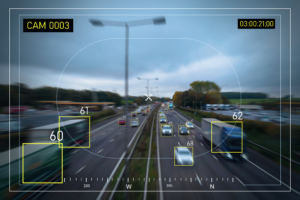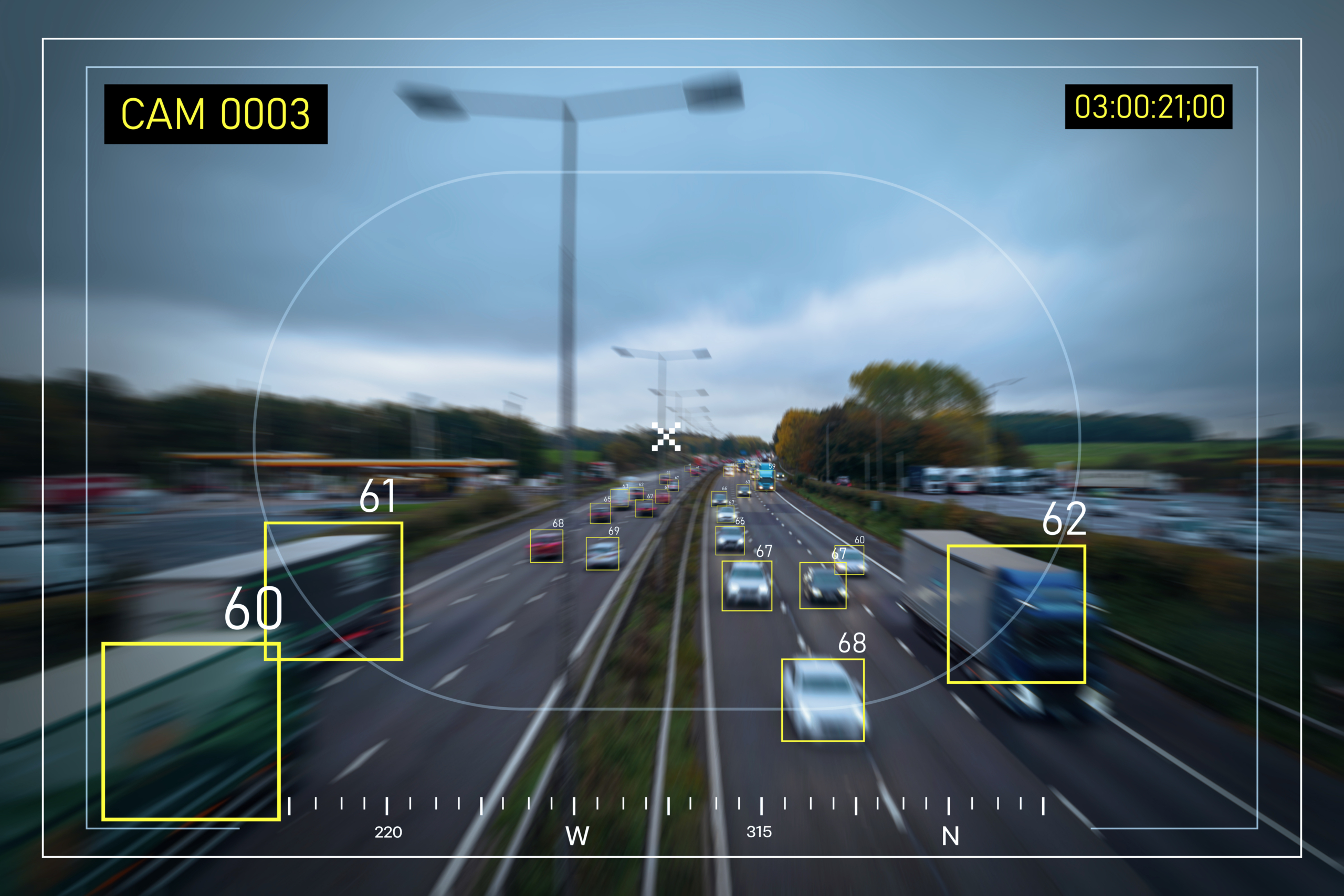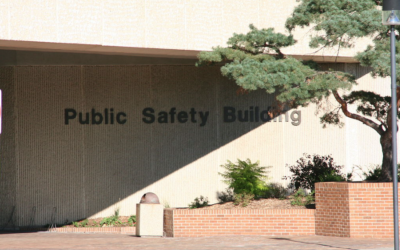
Multimodal corridors, according to many transportation planners, represent the hallmark of sustainable mobility for the future. Upcoming contracting opportunities described in this column include other components that can be anticipated in a majority of new transportation projects.
Future roadway projects will call for integrated transportation networks that allow for features such as adaptive traffic signaling, intelligent transportation systems, automated data gathering, and wayfinding technology. Designers of roadway projects will add other components linked to reducing congestion, providing multi-modal access, and ensuring greater safety.
Companies that have partnered for decades with departments of transportation and regional mobility authorities are advised to take note of the diversity of requirements that will be called for in new transportation projects.
The city of Atlanta will spend $7.2 million to install multi-modal enhancements across a section of its downtown roadways. Planning documents outline projects that will include upgraded ramps, safer intersections, bicycle connections, and designated foot traffic patterns. City officials also have announced plans to upgrade area lighting systems and develop traffic calming landscape features.
Citizens in Largo, Florida, will soon benefit from new multimodal improvements throughout the city. A budget of $950,000 has been allocated for roadway upgrades related to adaptive signaling technology and new pedestrian crossing points. Another $18 million phased project initiative is planned to build out a long multimodal connector. Improvements to anticipate in that project will include advanced signaling technology and a multi-use trail to facilitate pedestrian access across a combined 3 miles of roadway.
The city of Knoxville, Tennessee, has designated funding for a project that will encourage and support multimodal use of a heavily trafficked street. Technology upgrades and safety measures will be installed for cyclists and pedestrians along the roadway. Solicitation documents for this project will be released in late 2022.
The Tennessee Department of Transportation will soon begin work on an Interstate 24 SMART Corridor. Projects will focus on long-term transit needs for the entire corridor and its arterial roadways. This initiative will call for installation of additional off/on ramps, upgraded fiber network, closed-circuit television installation, dynamic message signs, and automated decision support systems. Although there is no projected budget yet, previous similar phases of this project have resulted in contract awards averaging $31.5 million.
Preliminary engineering work is underway for a multimodal project in Fairfax, Virginia. It will include separated bicycle lanes, upgraded amenities for pedestrians and transit use, and improved landscape features to buffer and calm traffic. City officials estimate the total project cost will be $25 million.
In the city of Des Moines, Iowa, officials will fund citywide multi-modal technology in numerous areas. The project has $7.6 million allocated for new traffic control technology, upgraded pavement markings, adaptive traffic signals, and signage along several multi-modal transit corridors.
A multimodal project in Portland, Oregon, will include technology and safety upgrades to a neighborhood with minimal existing accommodations for pedestrians or traffic safety. Design plans will include pedestrian walkways, wayfinding technology, and adaptive signaling. A cost estimate of $5.3 million has been announced.
Oregon’s statewide need for multimodal transportation technology has resulted in an initial $4 million budget for data gathering related to traffic patterns. This preliminary information gathering effort will precede construction work. State leaders want accurate data sets for future project planning purposes. Traffic monitoring systems at designated sites along transit corridors will be installed and the project’s data gathering will begin in 2022.
City leaders in San Jose will install innovative technology along the city’s busiest and most dangerous transit corridors with the goal of reducing traffic fatalities. The project will include installation of license plate reading cameras with velocity-assessment capabilities. The cameras will be coordinated to provide information to motor-vehicle data indexing programs to track speeding violations.
California’s San Vicente region will soon have new communications-related technology to enhance transportation safety. Caltrans and the San Diego Association of Governments have been designated to oversee the $39 million project. The effort will include outfitting a stretch of the San Vicente Corridor with fiber communications to review and monitor traffic congestion. Work on this project will begin in 2022 and be completed before fall 2023.
These types of roadway projects require visionary planning and innovative technology. Justifications for the changes that are occurring rapidly are all linked to expectations that roadway projects in the future must be scoped to reduce congestion, provide greater safety, encourage multi-modal access, and gather data continually. Such efforts will allow for more efficient, sustainable transportation and boost safer roadway projects in the future.







